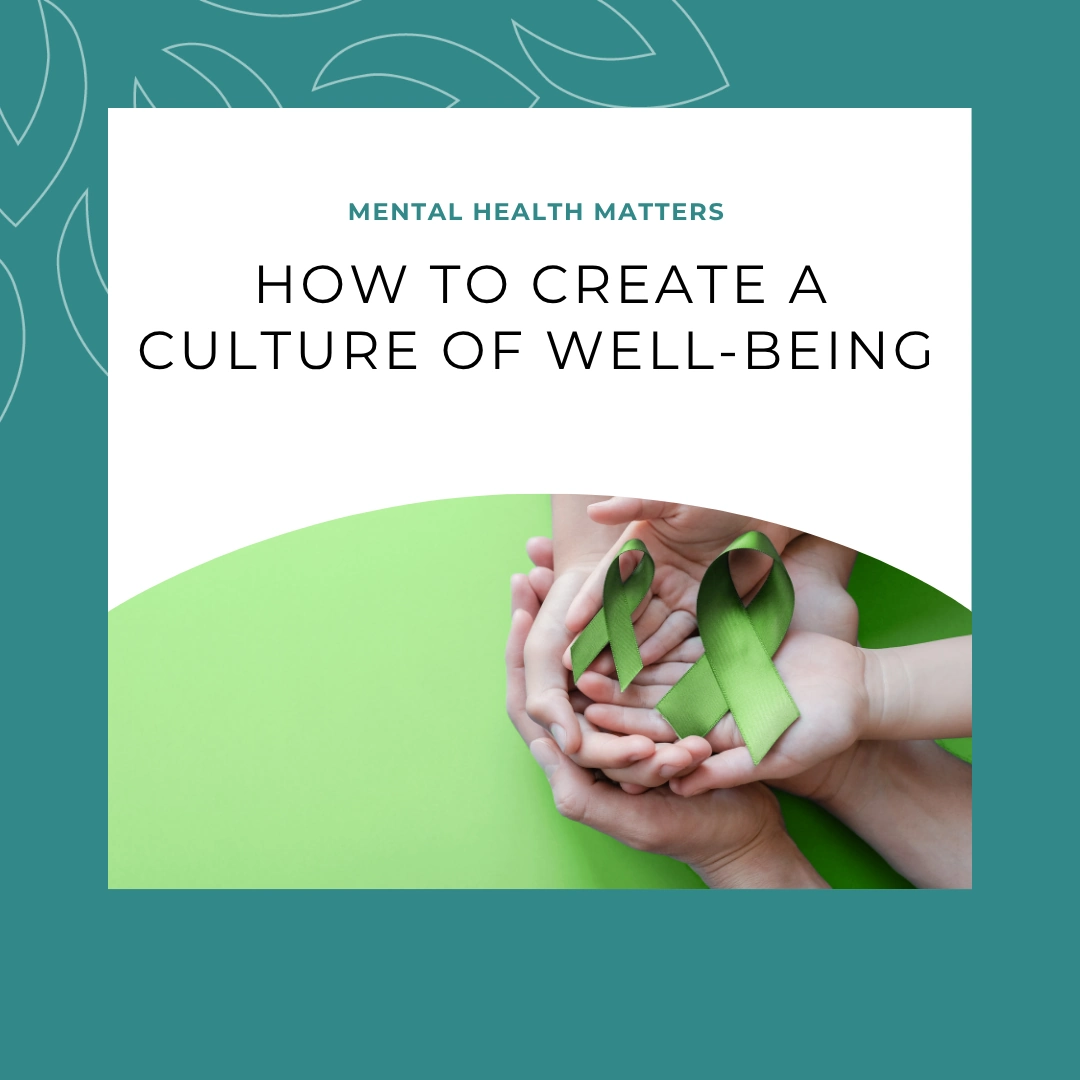Mental Health Matters: How To Create a Culture of Well-Being

Mental and emotional well-being deserves just as much attention as physical health, especially for those with intellectual and developmental disabilities. These individuals face unique challenges every day and the right coping tools can make the difference in their ability to thrive and live fulfilling lives. The need for emotional support extends to caregivers as well, because without the right care, even the most dedicated caregivers can burn out while caring for a loved one.
When focusing on mental health in direct care settings, emotional support can be life-changing for both residents and staff. At Flatrock, we’re committed to providing mental health support for our residents and staff. Here’s how we’re prioritizing a safe, supportive environment where everyone thrives.
Supporting Mental Health for Individuals with Disabilities
Mental health treatment needs to start with individual, proactive care for individuals with disabilities. Coping mechanisms are one way Flatrock incorporates mental health support into the daily life of its residents.
Tori Thornton, an occupational therapist at Flatrock, explains the importance of coping strategies: “We encourage the practice of coping skills throughout the day. These skills/tasks vary for each resident, but practicing them is important for everyone. These tasks need to be familiar to the resident so that, when they are needed, they are familiar and comforting. The last thing that supports success is demanding that someone complete a coping skill when they are upset and don’t know how to do the task.”
Integrating coping skills like deep breathing, sensory activities, music therapy or creative expression, for example,can help residents feel more secure and confident when faced with challenging situations. Simple, familiar activities can help them stay grounded and build emotional resilience over time.
Mental Health Support for Caregivers and Direct Care Staff
Caregiving is rewarding, but it can also be a stressful time when caring for another person. Without a sound support system, emotional fatigue can build up quickly. Burnout, compassion fatigue and turnover are real concerns in direct care work.
At Flatrock, we invest in the mental health of our employees in many ways, making them feel supported, valued and empowered in their daily work. This directly benefits residents with better care and a healthier community as a whole. Some of the ways we care for our employees are:
- Comprehensive training to handle residents' mental health crises with confidence
- An open work environment in which the issue of mental health and self-care can be freely discussed
- Staff-only social gatherings and activities that encourage connection and enjoyment during and outside of work
If caregivers feel their mental health is being put first, they will come with greater patience, compassion and consistency with the people they care for.
Why Building a Culture of Mental Health Matters
In order to build work cultures where mental health is truly a priority, leaders have to lead by example. It’s not just a question of offering resources – it’s about shifting normal talk and expectation. Creating a culture of mental health helps:
- Support early intervention – Spotting emotional challenges early guarantees better outcomes and healthier futures.
- Eliminate stigma – If leaders and teams discuss mental health openly, seeking help is okay, and it is not embarrassing.
- Create safer spaces – Prioritizing emotional wellbeing builds spaces where everyone feels safe, supported and empowered.
- Promote long-term resilience – Training coping skills and mindfulness helps residents and caregivers deal with the rollercoaster of life more confidently and calmly.
Mental health should always be part of holistic care, not an afterthought. Everyone's emotional feelings are valid and support should be available when needed. It is especially important for individuals with intellectual and developmental disabilities, as they need to navigate a specific set of circumstances only they face on a daily basis.
At Flatrock, we’re proud to champion mental and emotional health for both the individuals in our care and the compassionate team members who support them. We believe that when emotional wellness comes first, everyone has the opportunity to thrive. Visit www.flatrockinc.org and follow us on LinkedIn to discover how we’re building a community where mental health is supported and celebrated every day.
